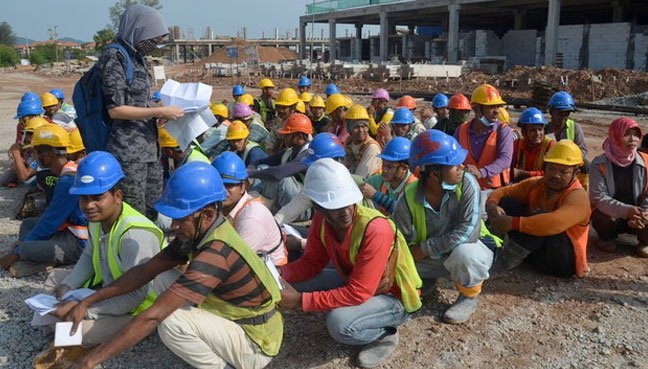The Malaysia-based migrant and human rights network organizations –CARAM Asia, TENAGANITA and
In a message, those NGOs said that ‘as Malaysia hosted a joint working group meeting in Kuala Lumpur on May 30-31 to work out the new recruitment plan for Bangladeshi migrant workers who come to Malaysia to work, we hope that an accountable and transparent recruitment plan is established at this joint meeting in order to provide the adequate protection for migrant workers. ;
The fact that civil society is not consulted in this process raises too many questions. As Malaysia and Bangladesh are currently in negotiations for recruitment, it is important we
CARAM Asia and its members Tenaganita and
There are approximately 6 million migrant workers in Malaysia and out of this number; there are around one million (1,000,000) both documented and undocumented Bangladeshi workers most of whom are vulnerable to exploitation.
Migrant workers continue to face numerous problems and they are the easy target for exploitation. Even workers who come with proper
From the cases our member organizations have managed, we found that both documented and undocumented Bangladeshi workers face various degrees and types of abuses. Due to the abnormally high fees paid by Bangladeshi workers to come to Malaysia in comparison to other nationalities, Bangladeshi workers’ risks of being abused are much higher.
Malaysia must adopt governance with integrity especially in the recruitment of migrant workers. The system of recruiting foreign workers through
This could highly lessen the probability of migrant workers accepting deceptive terms of employment and also reduce the abuses. It is very clear that the
We need to identify and eradicate these irresponsible and unscrupulous syndicate or individuals with intentions to cheat the migrant workers and they should be prosecuted. We should ensure that past mistakes on the recruitment of migrant workers are not repeated as it will impact millions of Bangladeshi migrant workers.
History has shown that the migrant
Governments should include and involve CSOs & other




